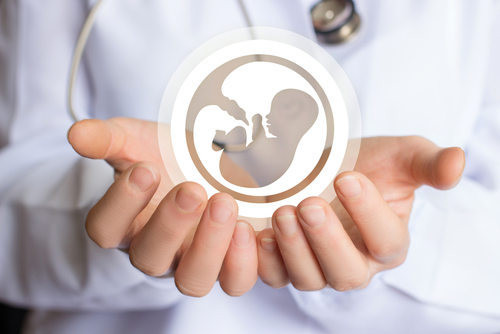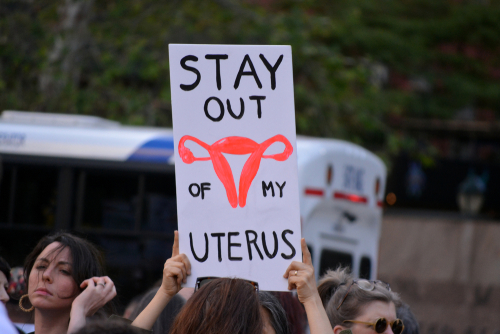Twelve hours of rigorous debate in the Senate followed a landmark judgment—abortion is now legal in Argentina. With the development, Argentina became the third South American nation to allow elective abortions. It was decriminalised in Uruguay in 2012, and it has been legal in Guyana since 1995.
The bill legalises abortion up to 14 months of pregnancy. As per reports, the country’s left-wing president, Alberto Fernández said on record, “I'm Catholic but I have to legislate for everyone. Every year, around 38,000 women are taken to hospital due to (clandestine) abortions and, since the restoration of democracy (in 1983) more than 3,000 have died.”
It is important to note that until the bill was passed, Argentina allowed terminations in only two instances: rape, and danger to the mother's life.

Around the world
If we were to talk about countries around the world and their abortion laws, barring Malta, El Salvador, Nicaragua, and the Dominican Republic, most countries allow abortions to be performed if the mother’s health is at risk. 63 countries and territories permit their women to terminate pregnancies at their request, under certain conditions, the most common being a time limit on when the procedure can be performed.
According to a portal, Canada is the only Western nation where a woman can seek an elective abortion at any time in her pregnancy. However, in practice, a few terminations take place during the third trimester.

As for India, the Cabinet has recently approved the Medical Termination of Pregnancy (Amendment) Bill, 2020 (MTP Bill, 2020).
According to the MTP Act, for foetuses aged up to 12 weeks, only one medical practitioner's opinion that the continuance of the pregnancy would involve a risk to the life of the pregnant woman or would pose a grave injury to the woman's physical or mental health, or there is a substantial risk that if the child is born, it would suffer from such physical or mental abnormalities as to be seriously handicapped, is required.

If the foetus is aged between 12 and 20 weeks, the opinions of two medical practitioners that either of the two conditions holds true are required. Reportedly, a Bill which seeks an increase in the gestation limit (for rape survivors, victims of incest, and minors) was introduced in the Lok Sabha on March 2, 2020.